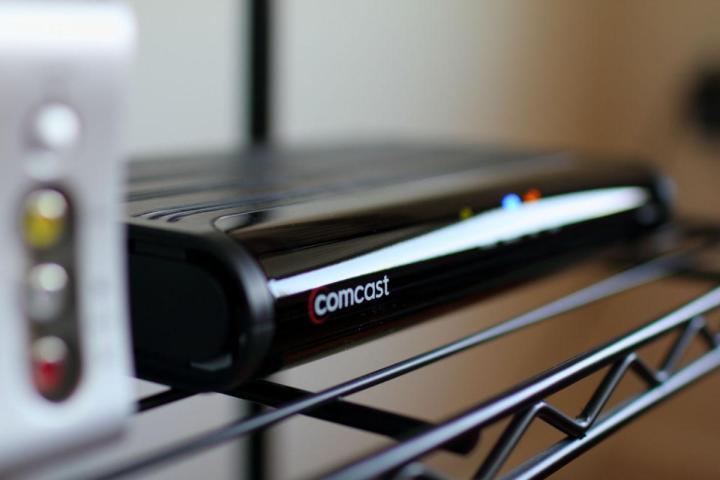
We thought wrong, according to a Washington Post report.
Tim Davis was offered a free equipment exam by a Comcast rep, but the company charged him for multiple items and refused to refund the money — that is, until Davis revealed that he had an audio recording of the conversation in which he was told that he would not be charged for the inspection.
Related: Comcast offers “up to” six months of free Internet service to low income families
It all started when Davis installed a Comcast cable box by himself. When his Internet connection started to become unstable at times a couple weeks later, he gave the company a call. Comcast told Davis that they would send a tech to take a look at the problem without charging him. This is the conversation that Davis recorded.
Comcast later sent Davis a bill for $181.94 for various charges, including a failed equipment self install, and the setup of a wireless network which never occurred. Davis had to call Comcast to get the charges removed, but he didn’t totally succeed until he revealed to a rep that he recorded the conversation where he was promised a free inspection by a Comcast tech.
If it weren’t for that recording, Davis would be on the hook for $82, which Comcast eventually knocked down from the original $181.94 figure. Either way, the charges were unwarranted.
“You’re telling me that if I didn’t have a recording of that call, you wouldn’t have been able to do it,” Davis asked.
“Yes, that is correct,” the Comcast rep said.
Davis recorded that conversation as well, which you can watch below courtesy of YouTube. Keep in mind though that some of the language in the video is of the Rated-R variety. You’ve been warned.
Editors' Recommendations
- Comcast rolls out a $20 streaming bundle, with a catch
- Selling something online? Watch out for this clever new scam
- Comcast rolls out ultra-cheap internet to millions of low-income Americans


